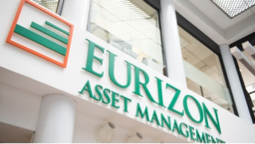Our point of view

About us
Here at Eurizon we create investment solutions designed to support the goals and projects of people

Contact us
To discuss Eurizon's products and market views, please contact our relationship managers. Here are the ways you can reach us.
News
News
November 12 2025
June 23 2025







